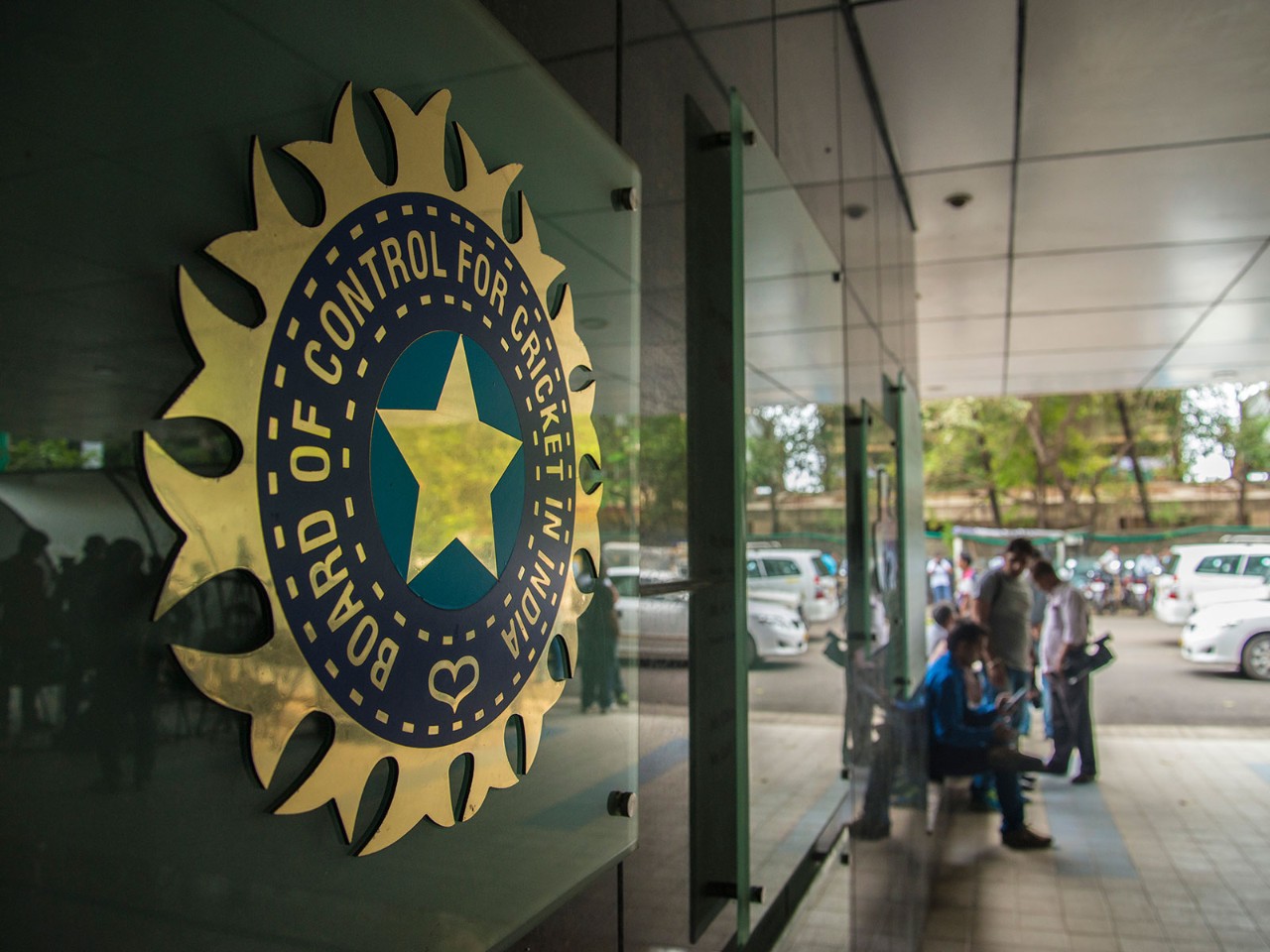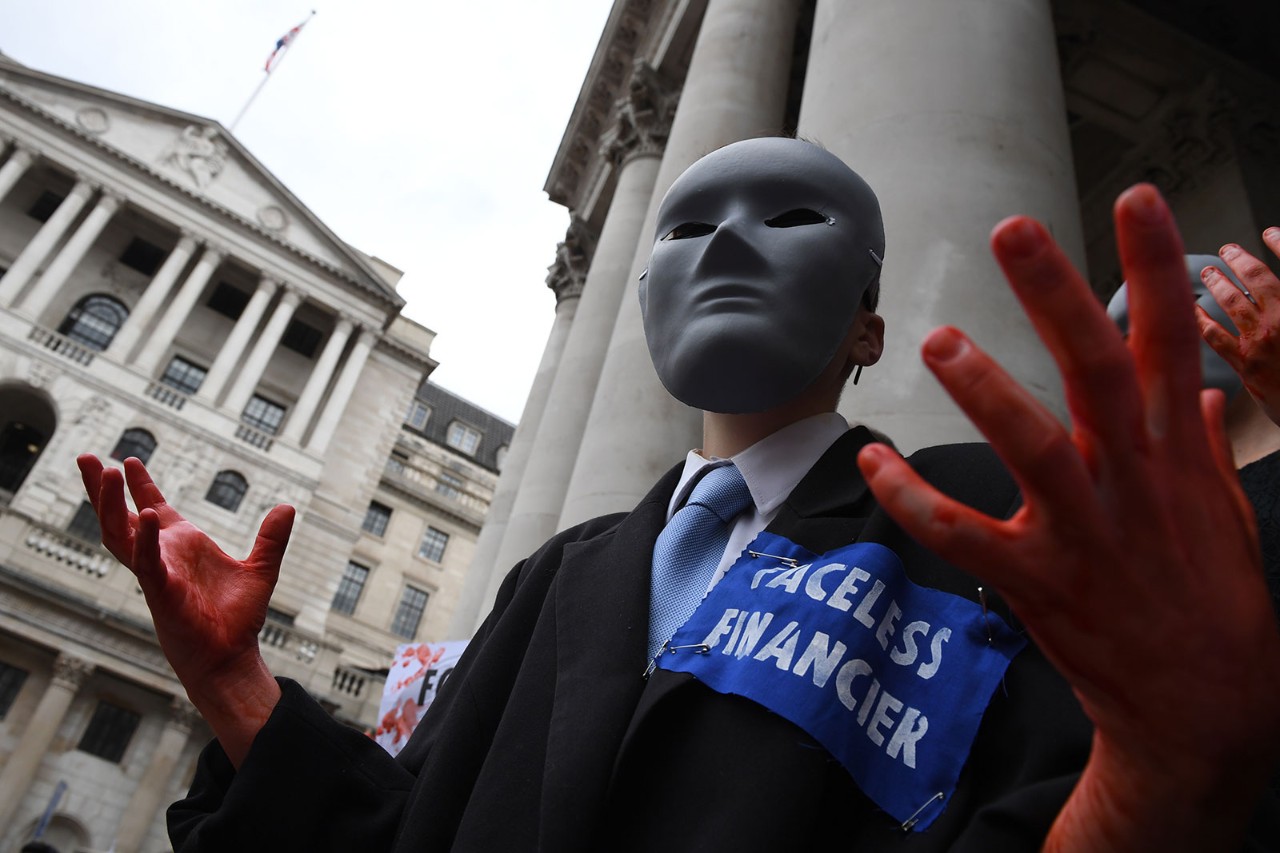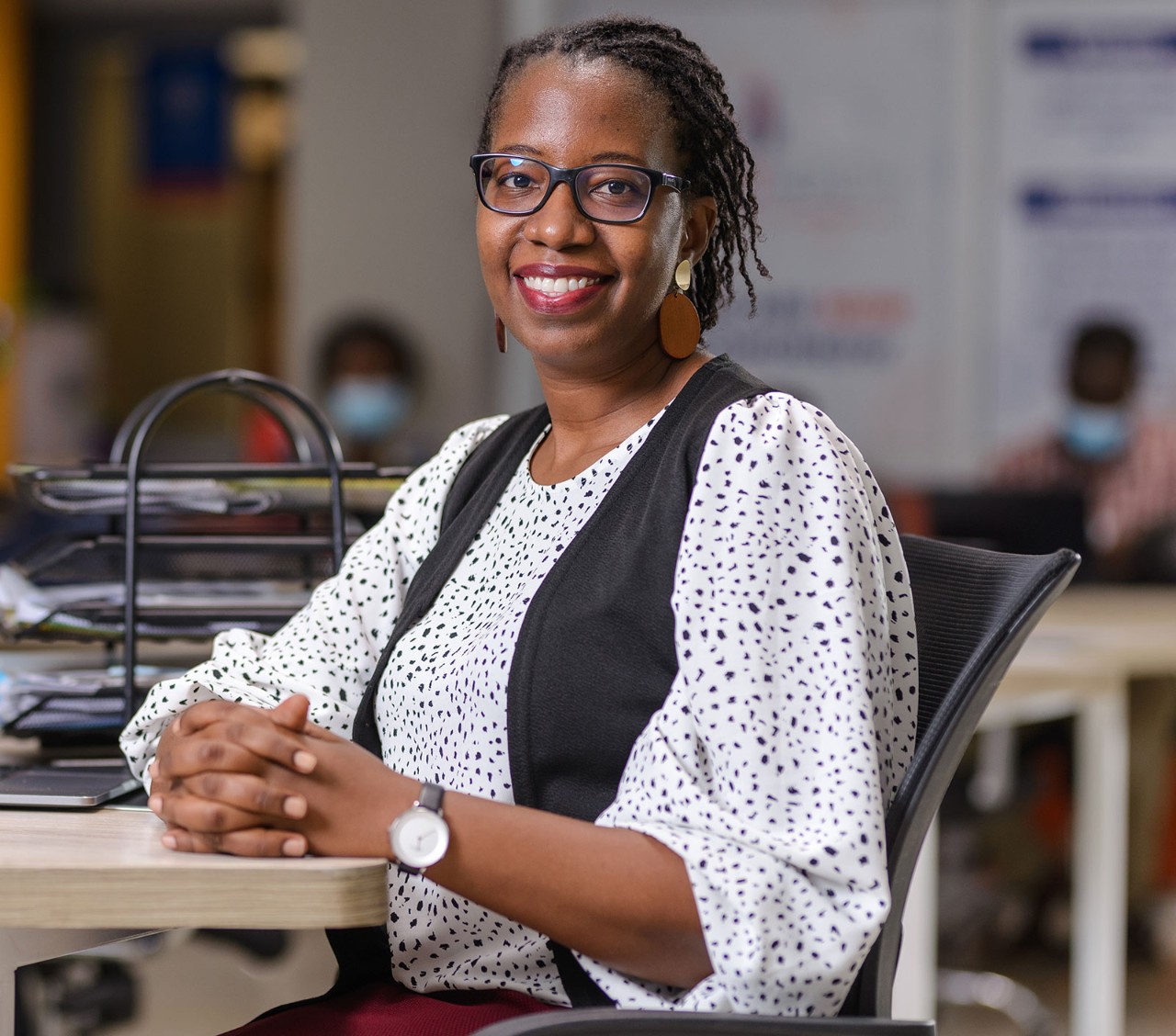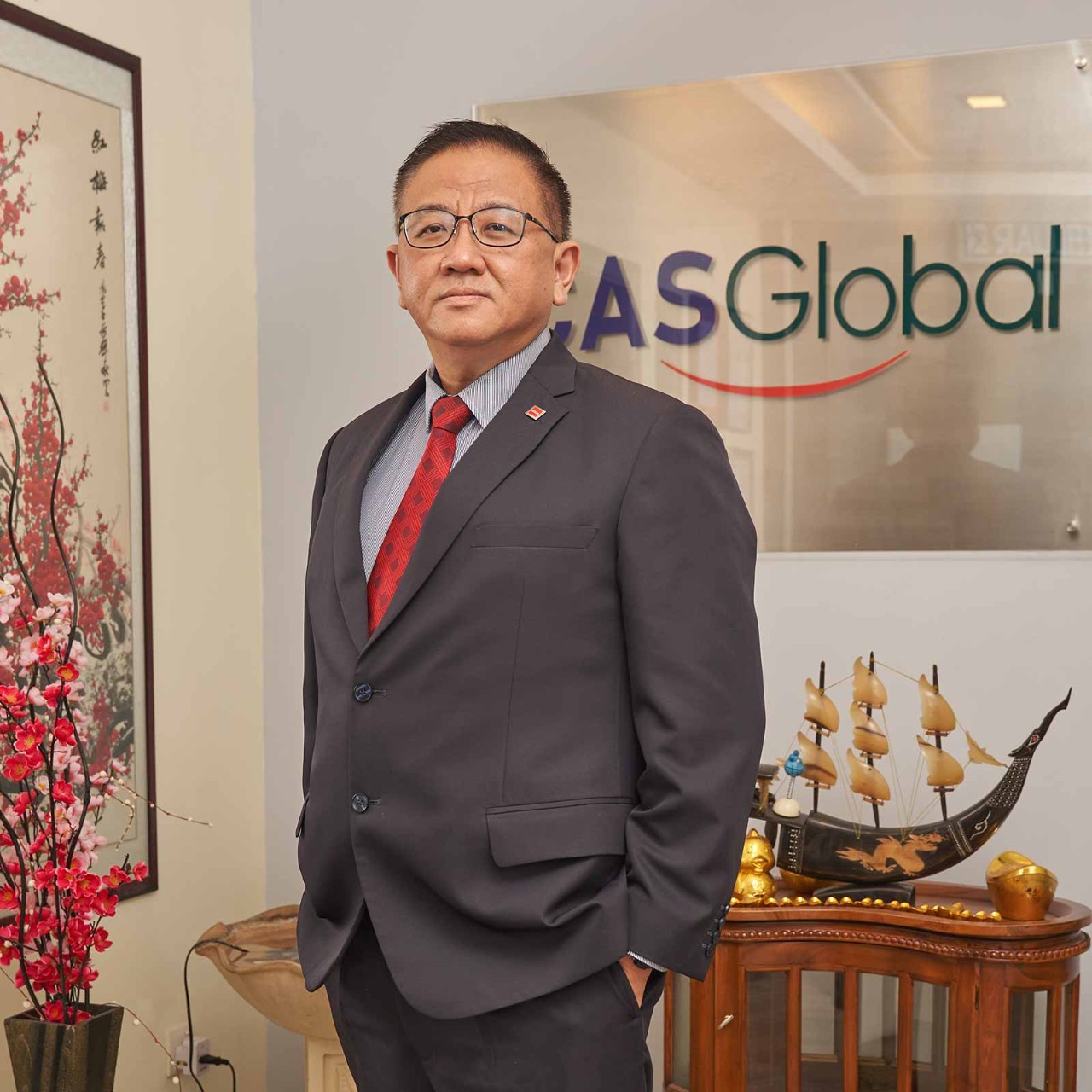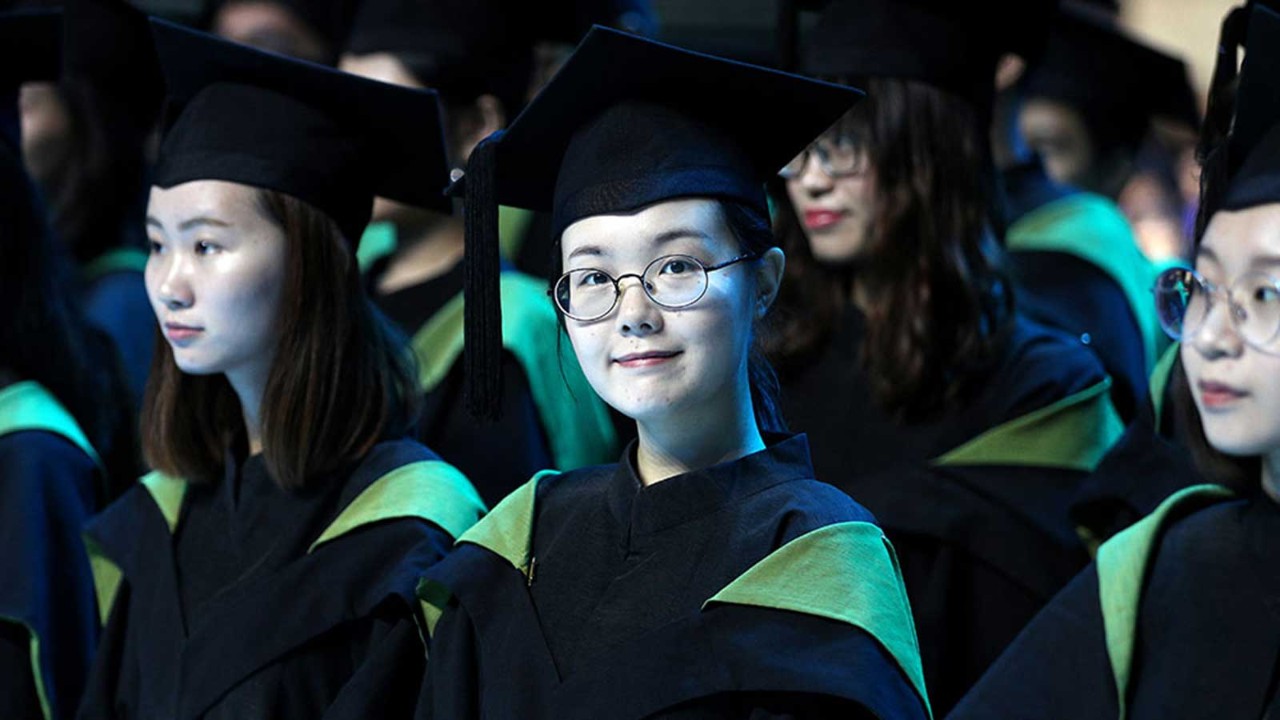
An ever-evolving job market may be giving less weight to educational qualifications and more to industry qualifications and relevant experience.
With the cost of MBAs rising every year, questions about whether the price and effort are worth it are becoming more frequent.
Whether an MBA is worth the investment depends on how one can get the skills and insights necessary for work
The market was already competitive before the Covid-19 pandemic in 2020 diminished job opportunities, and left companies with lighter budgets and less likely to subsidise staff to pursue further education.
At the same time, MBAs have become more expensive. A part-time MBA at Hong Kong University of Science and Technology (HKUST), among the highest-ranked MBA programmes globally, costs about HK$465,000 ($59,680) for the weekly mode and HK$513,000 for the bi-weekly option, both for the 2022 intake. The university also offers a digital MBA for global leaders that costs HK$450,000 for the 2021 intake.
Are they worth it?
‘Traditionally, MBAs stood more for advanced education, more job opportunities and networking. Now online, flexible courses such as Coursera and Massive Open Online Courses [MOOCs], some of which are free, are emerging as alternative options,’ says Helen Leung, finance (commercial operations) associate vice president at the Shangri-La Group.
There are areas, some of which are critical in a post-Covid world, such as crisis management, entrepreneurship and consultancy skills, that are clearly better taught via an MBA curriculum.
‘Whether an MBA is worth the investment depends on how one can get the skills and insights necessary for work,’ says Leung.
Competitive outlook
‘MBAs are great, but they certainly are not the be-all-and-end-all. If there is not a headcount, or no budget, the company will not be hiring regardless of whether the candidate has an MBA or not,’ says Alex Beattie, director at Hong Kong-based recruitment firm Sara Beattie Appointments.
‘In the accounting field, for example, employers are looking more for professional qualifications, such as ACCA or CFA. They also place importance on your profile, background and experience. Having an MBA is not a guarantee that a candidate will get the job, especially in these Covid-19 times when companies are being more careful,’ adds Beattie.
He does acknowledge, however, that a degree could be more important for senior management positions. In sectors such as travel and hospitality that have been badly impacted by Covid-19, MBA graduates are competing with experienced workers for a dwindling number of jobs and are also dealing with more selective employers.
‘Social distancing reduces networking opportunities, posing another challenge for job-hunting MBA graduates who must now interact with potential employers via virtual meetings or calls,’ says Leung.
International outlook
However, some employers still see opportunities for MBA graduates in Hong Kong.
‘In this time of Covid-19, opportunities for candidates might be more limited, so being an MBA graduate could definitely help to make a difference in finding a job,’ says Julien Gaubert-Molina, a Hong Kong-based partner and Asia CEO at marketing agency Ykone S.A.S.
‘Hong Kong is still also seen as a regional hub for some companies, so completing an MBA within an international environment can help candidates showcase their regional knowledge, which will be required to support local entities that aim to grow in the region,’ he adds.
However, Hong Kong’s proximity to key regional markets means that the opportunities are not limited to the city.
‘Completing an MBA with a focus on China and Asia Pacific market challenges will definitely be helpful, as most of the companies are focusing on Chinese clientele and the China market because of its size and potential. ‘ says Gaubert-Molina.
But MBA graduates must weigh these opportunities against their ability to pay off tuition fees on the salaries they will earn after they earn their degrees.
Balancing wages
Salaries can vary widely, including within the accounting sector. In Hong Kong, they can start at HK$14,000-HK$16,000 per month for an accounting clerk or associate position requiring less than a year’s experience, and rise to HK$50,000-HK$70,000 for an accounting manager position with over eight years of experience, according to the Hong Kong Salary Guide 2021 published by recruitment firm Adecco.
MBAs and technology
The digital technology space is quickly becoming a focus for employers and MBA graduates alike.
‘The MBA experience is worth it as it helps graduates to gain relevant knowledge in areas such as the digital sector, so they are now more knowledgeable in meeting a company’s current challenges,’ says Julien Gaubert-Molina, a Hong Kong-based partner and CEO Asia at marketing agency Ykone S.A.S.
‘Tech is booming. Covid-19 accelerated companies’ investments in digitisation for consumers’ shift to online channels. Also, social distancing and working from home accelerated the development of virtual teams, videoconferencing, data security and cloud migration,’ says Helen Leung, finance (commercial operations) associate vice president at the Shangri-La Group.
‘Insuretech, regtech and blockchain are also on the rise, presenting new opportunities,’ adds Leung.
Completing an MBA with a focus on China and Asia Pacific market challenges will definitely be helpful
UoL and ACCA
Find out about University of London’s MSc in professional accountancy. It takes the ACCA Qualification into account, so you’ll only need to take one module and one project to gain the MSc.
While it would take years to pay off an MBA, the value of the degrees can be difficult to peg. Beattie and Gaubert-Molina, both of whom have MBA degrees, say they were worth the stretch for them.
‘I did an MBA and am grateful for the experience because, for me, it was more about expanding my knowledge and keeping up with current industry trends.’ says Beattie. ‘It was worth it for me as a method to elevate oneself, and I am a keen supporter of continuing education. But maybe not during these Covid-19 times.’
‘My MBA experience was worth it. I completed it in France a few years ago and it helped me to get connected with talented students, and to get in touch with reputable and solid companies,’ says Gaubert-Molina. ‘I even got introduced by my business school back then to one of the most famous luxury companies in the world where I did an internship in New York, which was then converted to a full-time job in Hermes. So on top of the knowledge I obtained, I got an opportunity to kick off my professional career in a great company.’
It is also about paying it forward.
‘Now it is my turn to mentor, share my knowledge and network, and I have been mentoring three HKU MBA students from South Korea, Hong Kong and Qatar for a year now,’ adds Gaubert-Molina.
